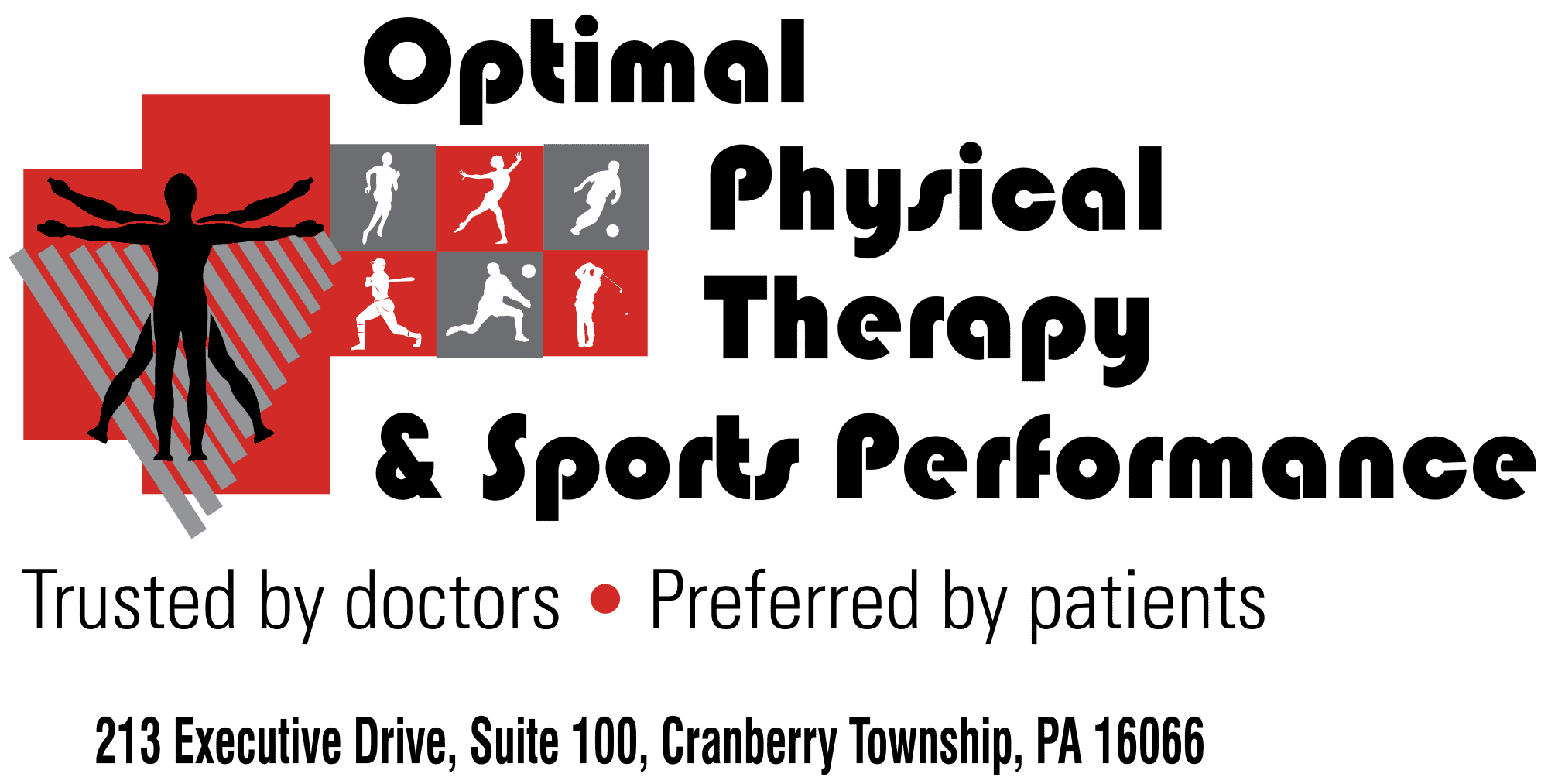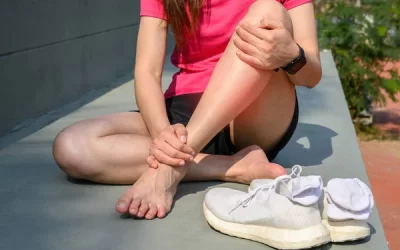Important Information for Concussion Recovery
Concussions have become a very common event in sports participation and have been frequently reported in the news media over the past couple of years. This increase in press makes it sound like a relatively new “buzz” in medicine. Unfortunately, concussions have occurred for many years prior to this new focus on them. This is an area of medicine that has made great strides over the past 10 years focusing on the proper recognition, realization on the level of severity and potential future effects and the best treatment options.
Physicians, physical therapists, athletic trainers and coaches now receive better education in the recognition and treatment of concussions. It is important that people utilize medical professionals in handling concussions and listen to their advice. We see a number of youth, adolescent and adult recreational and competitive athletes as well as non-athletes in our clinic that unfortunately have sustained a concussion. The goal of this blog is to educate you as the concussion recipient or as a care giver of someone who has sustained a concussion with some information that may lessen the symptoms of a concussion and expedite the brain’s healing process.
Many of the grade school through high school students that we treat after a concussion have had to modify their school attendance and receive homework and / or tutoring at home because the hypersensitivity to light and noise and intolerance of sustained activities that require concentration. These patients must try to minimize excessive stimulation of the brain to allow it to heal. Activities such as watching television and playing video games are not recommended but are often occurring when children are at home more during this recovery time. We all understand the video game craze that has come upon our society and the desire to play them while these patients are stuck at home but the amount of constant light changes, noise and high level cognitive requirements are too stimulating to the healing brain and must be minimized. The same is true with cell phone use including texting, tweeting, etc.
A new study in the January 2014 issue of Pediatrics showed that participants who did not restrict cognitive activity soon after concussion had a significantly longer recovery time than those who greatly reduced their cognitive activity especially in the earlier phases of recovery. The study results reported, “This seems to suggest that while limiting cognitive activity is associated with shorter duration of symptoms, complete abstinence from cognitive activity may be unnecessary”. To a parent of a student post-concussion, trying to keep up with homework will require more rest breaks than usual to complete their work. These breaks should not include television watching, video game playing or a lot of cell phone usage and you will want to encourage resting in a low light or dark room instead. Parents should expect some resistance from their children when minimizing these activities but must understand it is necessary. This will take a somewhat creative but committed effort for parents to enforce and encourage but hopefully it will be short term and the research indicates it is necessary if you want the fastest recovery and return to previous activities.
For more suggestions or treatment post-concussion, please call us at 724-779-1300.



